

Dogs have an incredible ability to understand and bond with their owners in ways that sometimes seem like a sixth sense. Beyond being attuned to simple cues, they can pick up on subtle changes in mood, routine, and even health. Over years of companionship, dogs learn how to read their owners on a deeper level, often sensing things that humans don’t even notice themselves. From knowing when you’re feeling sad to detect changes in your health, these loyal companions become experts in understanding their humans.
When You’re Feeling Down
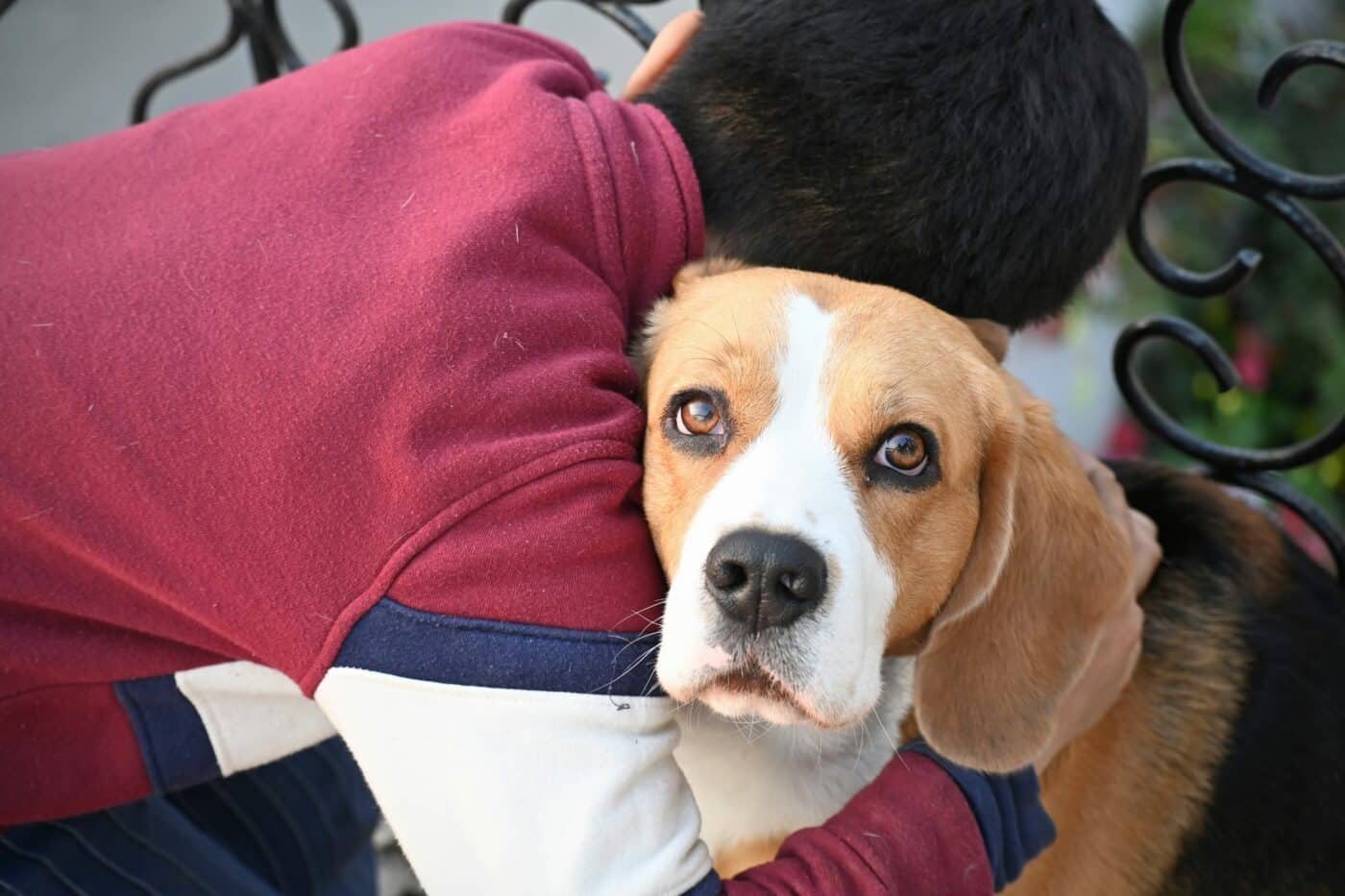
Dogs are incredibly intuitive when it comes to their owners’ emotions, especially when it involves sadness or stress. They can sense shifts in body language, tone of voice, and even facial expressions that indicate their owner is feeling down. Many dogs will respond by becoming extra affectionate, staying close by, or offering gentle nuzzles as a way of comforting their humans. This ability to pick up on emotional cues is one reason why dogs are often used in therapy settings, providing comfort to people experiencing emotional difficulties. Their sensitivity to our emotions is a testament to the deep bond they share with us.
Your Daily Routine
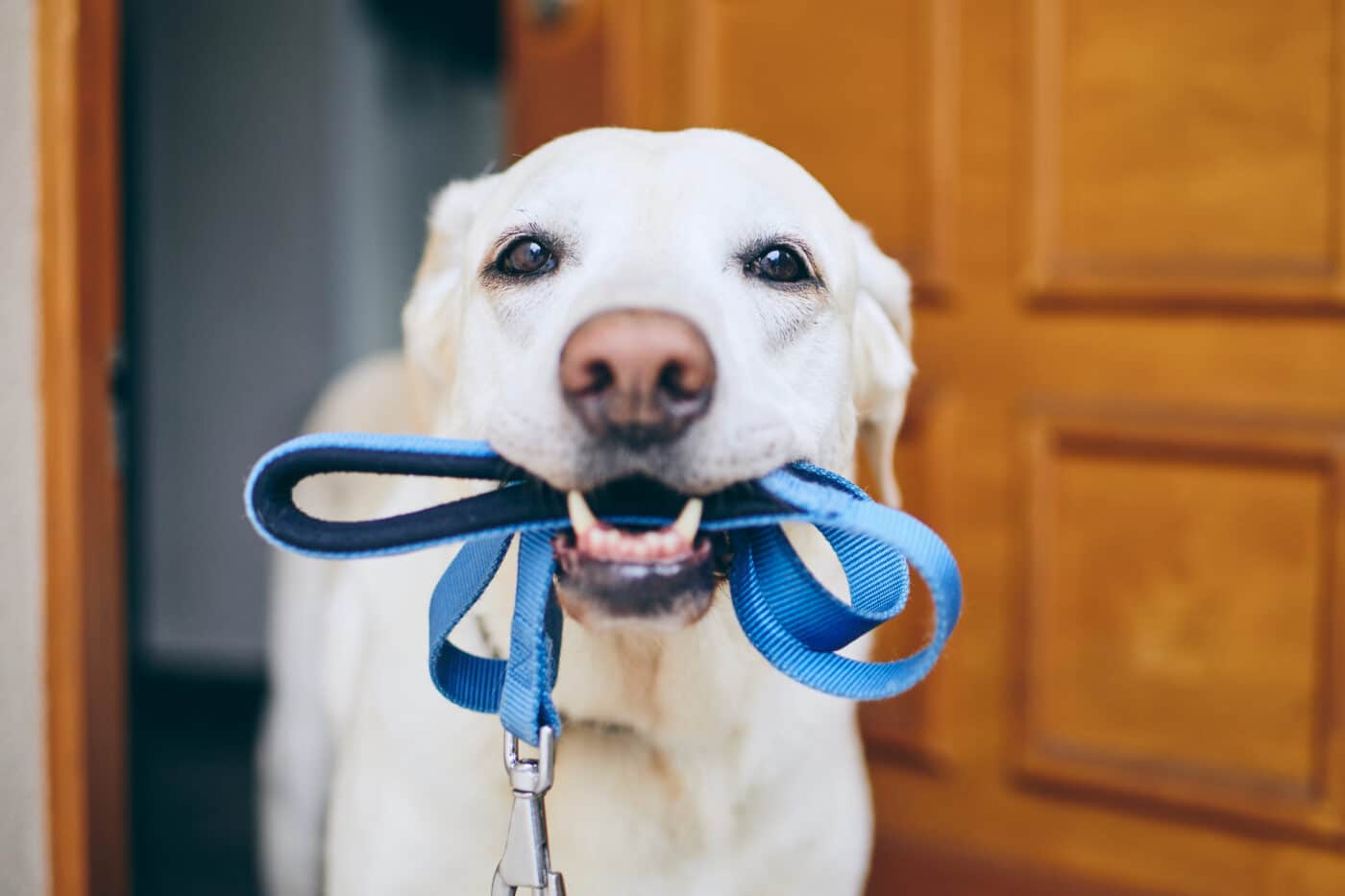
Dogs are masters of routine, and they quickly pick up on their owner’s daily schedule. Whether it’s knowing when it’s time for meals, walks, or when you’re usually home, dogs can anticipate your next move with surprising accuracy. They’re often seen waiting by the door at the same time every day, ready for you to arrive or to head out for their daily walk. This understanding of routine brings them comfort and predictability, allowing them to feel more secure in their environment. With time, they become attuned to your schedule, even adjusting when your routine changes slightly.
When You’re Sick or in Pain
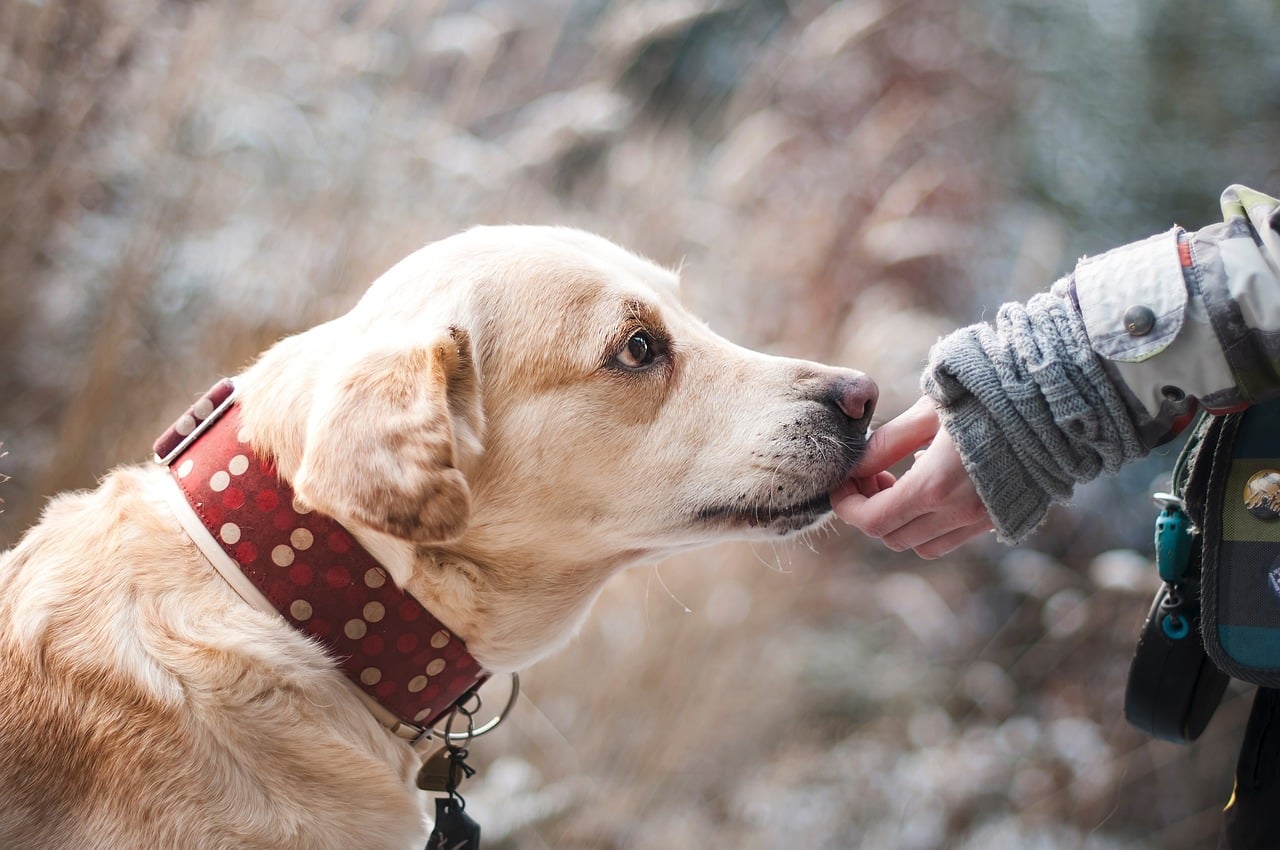
Dogs have an amazing ability to detect illness or pain in their owners. They may sense subtle changes in body chemistry or behavior that indicate something is off. Studies have shown that dogs can smell changes in human hormones and body chemistry, which can help them detect illnesses like cancer or diabetes. If their owner is unwell, dogs might show signs of concern by being extra attentive, sticking close, or even gently resting their head on the affected area. This heightened awareness of their human health is part of why they’re often used as medical alert dogs, providing invaluable support to people with health conditions.
Your Level of Patience
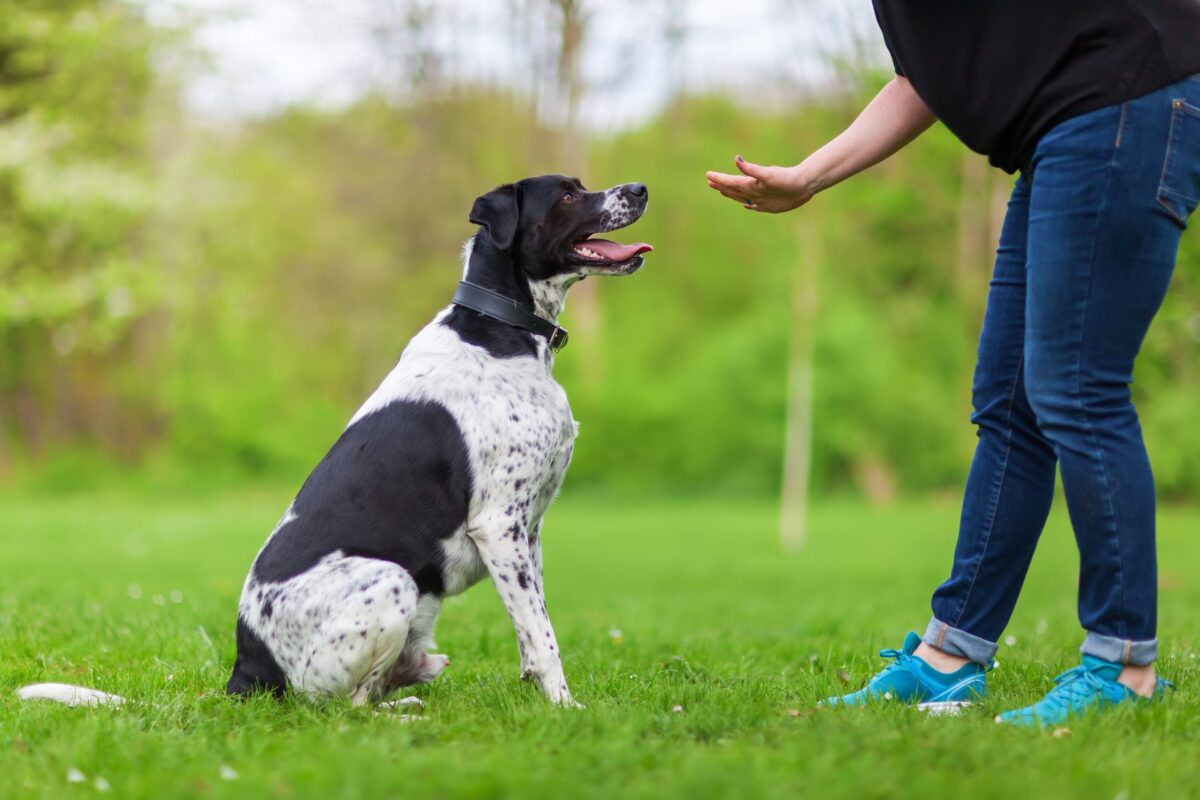
Dogs are incredibly perceptive when it comes to gauging their owner’s patience level. They can tell when you’re in a relaxed mood and ready for a play session versus when you’re busy or feeling stressed. Dogs may respond accordingly by either backing off when they sense you’re not in the mood or by bringing over a favorite toy if they feel you’re open to some playtime. This ability to read the room helps them navigate interactions with you and is part of what makes them such adaptable companions. They seem to know just when to engage and when to give you a little space.
When You’re Anxious or Stressed

Much like their ability to sense sadness, dogs are also quick to pick up on anxiety or stress in their owners. They can detect changes in your heart rate, scent, and body language, which can indicate stress. Dogs often respond to anxious behavior by staying close, offering comfort, or even trying to distract you with playfulness. Many owners find that their dogs act as a calming presence during stressful times, often leaning against them or lying nearby as a way of providing support. Dogs’ intuitive response to stress is part of what makes them excellent companions for people dealing with anxiety.
How Long You’ve Been Gone

Dogs seem to have an internal clock when it comes to tracking how long you’ve been away. While they may not understand the concept of minutes and hours as humans do, they can sense the passage of time based on factors like scent and routine. Some dogs display heightened excitement if you’ve been gone for an extended period, while others may act more relaxed if you’ve only stepped out briefly. Their sense of time, while not exact, is keen enough that they seem to know when it’s time for you to return, often waiting at the door or by the window in anticipation.
Your Likes and Dislikes
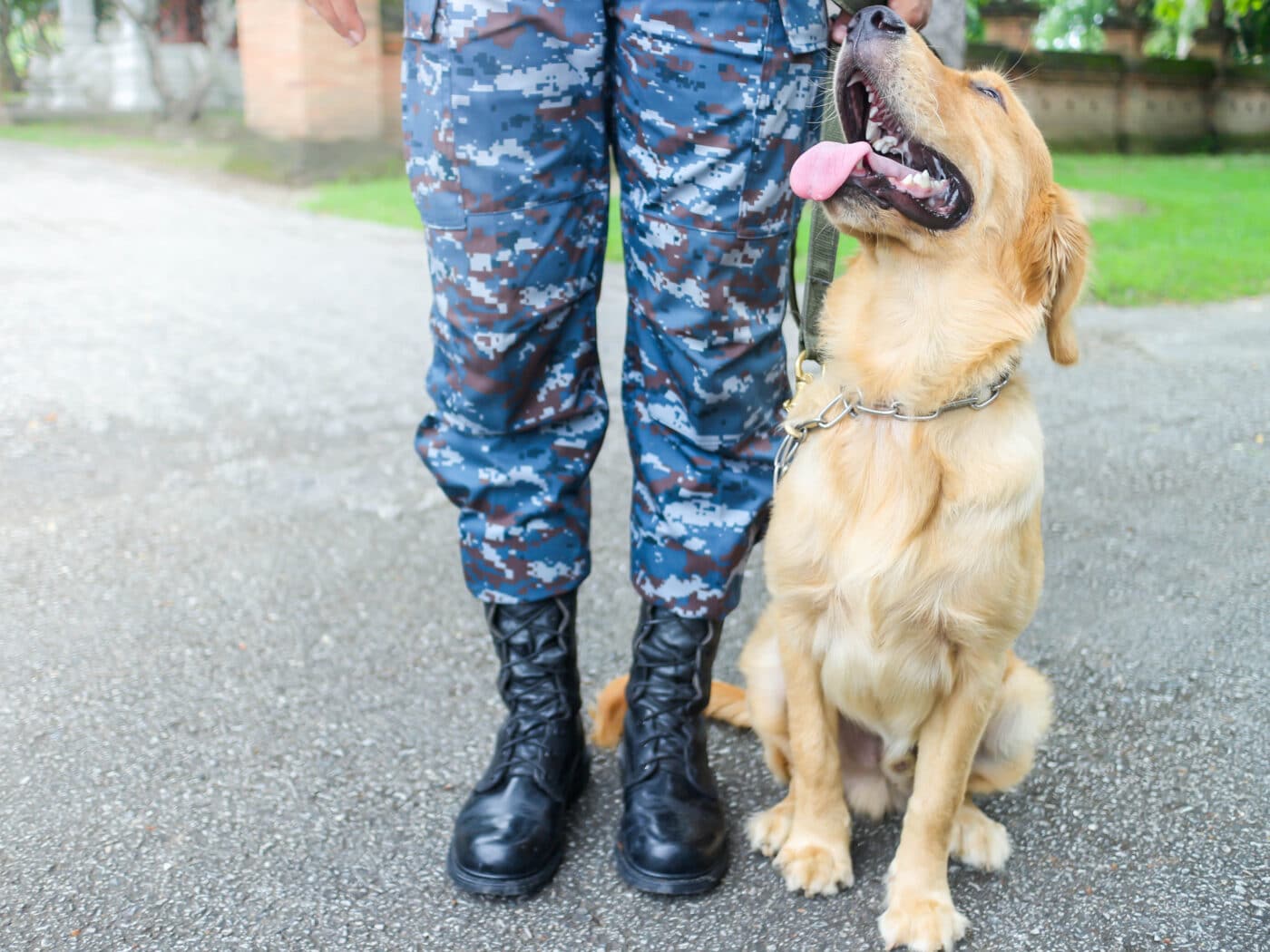
Dogs are highly observant creatures and quickly learn what their owners like and dislike, whether it’s a certain type of petting or a preferred activity. If you always smile or praise them when they perform a particular trick or behavior, they’ll catch on quickly and repeat it more often. Likewise, they understand when they’ve done something you don’t like, such as jumping on the furniture or barking excessively. This awareness helps them adjust their behavior to match your preferences, making them more in tune with your personality. They learn to play to your preferences, showing just how much they’re paying attention.
Your Unique Scent
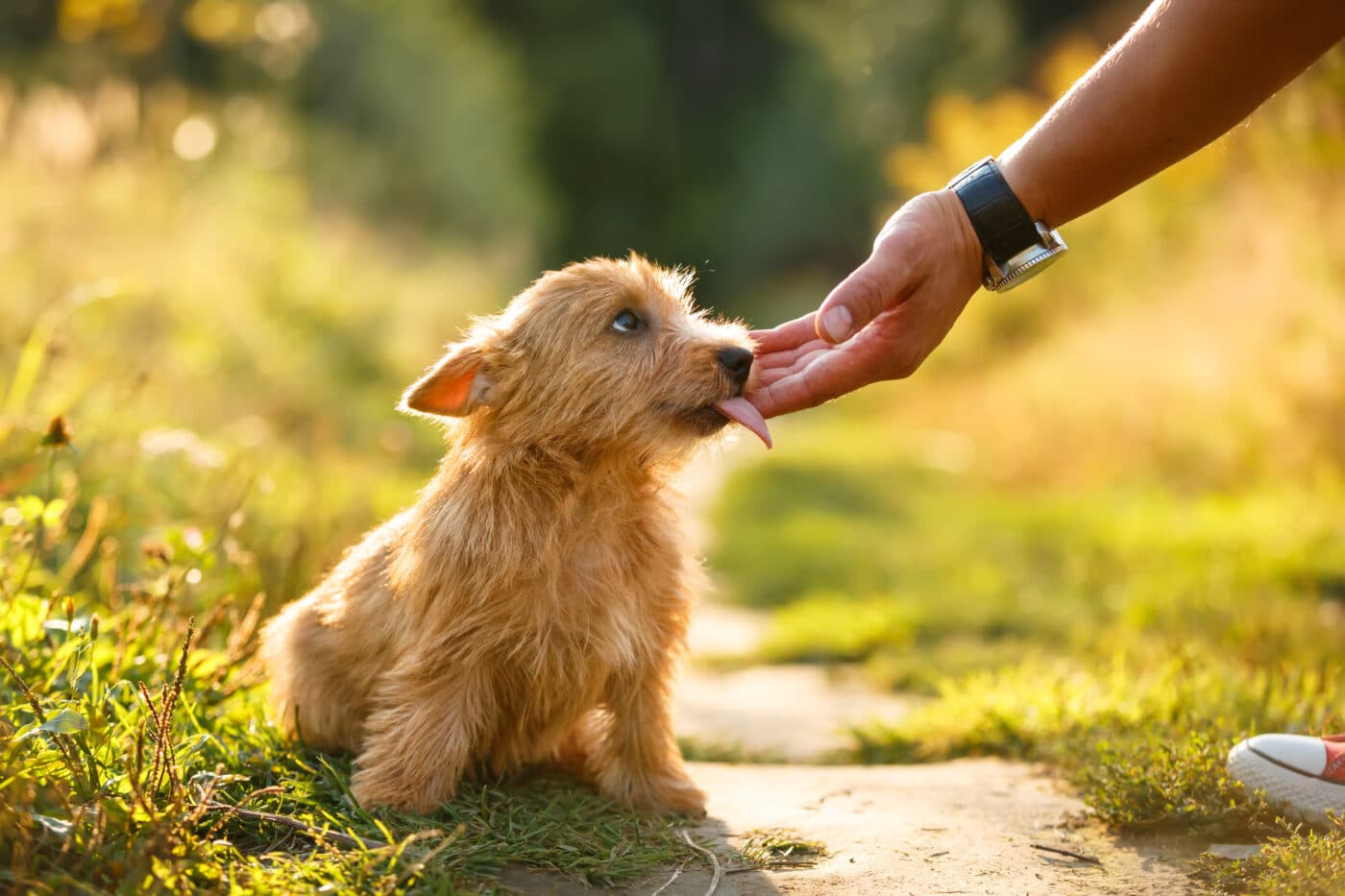
Perhaps one of the most amazing things dogs know about their owners is their scent. Dogs have an extraordinary sense of smell, with olfactory receptors far surpassing those of humans. They recognize and remember your unique scent, which is why they can find you in a crowd or track you down even if you’re out of sight. This scent-based recognition is so strong that it provides comfort to dogs, allowing them to feel secure even in unfamiliar environments as long as they can smell you. A dog’s powerful sense of smell creates an intimate, unique bond between them and their owner, underscoring the close connection they share.
They Know Us Better Than We Think

It’s clear that dogs don’t just share our homes—they share our lives in deeply intuitive ways. From understanding our routines to picking up on our emotions, dogs prove time and again that they’re in tune with us in ways that are both heartwarming and helpful. Next time your dog seems to know exactly what you’re feeling, remember that they’ve been taking mental notes on you since day one. So, give them a scratch behind the ears—they’ve earned it as your unofficial, furry life coach!
The post 8 Fascinating Things Dogs Know About Their Owners appeared first on iHeartDogs.com.
